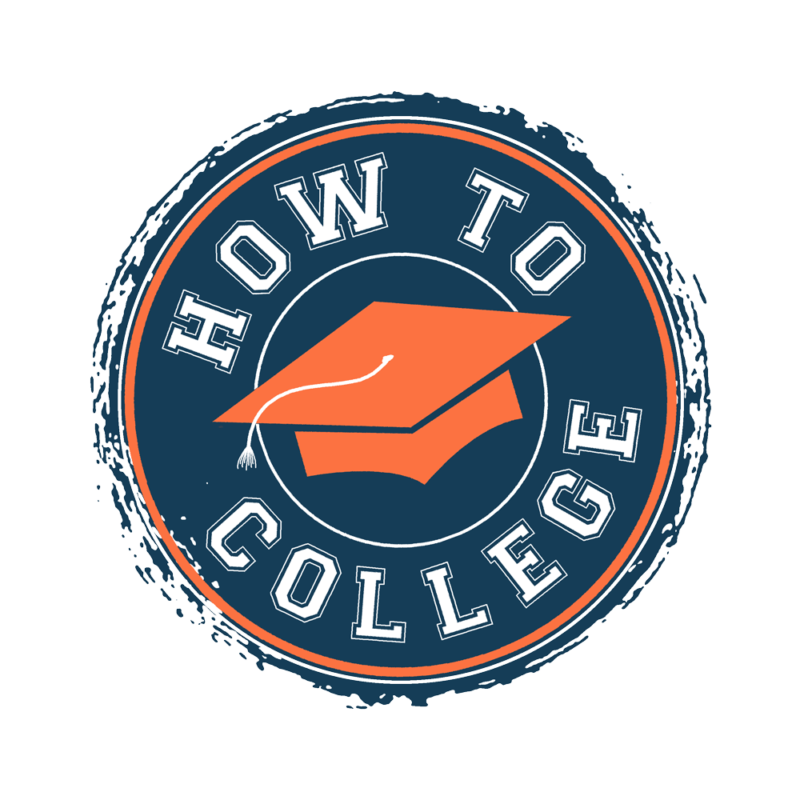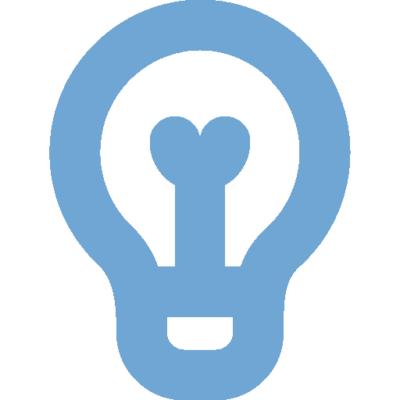Whether you are a high-schooler preparing for your SAT or ACT, or fresh out of college preparing for graduate admissions tests, they come with a recipe of their own: a pinch of anticipation, a pint of paranoia and a gallon on anxiety. The whole process of preparing for standardized tests can get too overwhelming, too quickly. There is no one secret ingredient you can add to the mix that will help you ace these tests. However, drawing from my own experience, I have put together a guide that is tailored to help you tackle these tests better.
- Plan Early: Start as early as you can with preparing for the test. Give yourself more than sufficient time to not only fully prepare for the test and give practice tests but also to leave scope for taking more than one attempt of the test in case the first scores don’t match your expectations.
- Know The Why: Know your own rationale behind choosing to take a particular test. Should you take the SAT or the ACT or both? This may depend on the requirements of the colleges you are applying to, and what test is a better fit for you as a student. Similarly when it comes to graduate exams, you may need to take the GRE for graduate school but the GMAT if you are headed for business school. Know why you are taking a test and what purpose it will fulfill in terms of your academic goals.
- Know The Test: It is imperative to know the test inside-out; not just the content to learn, but elements of the test like the directions, the format, the duration, the grading and the speed you would need to adopt to finish on time and achieve a good score. Sifting through test-prep guides or talking to other people who may have taken the test may be great resources for this part.
- Practice without Preparing: Take the first practice test without any real preparation. You may fail without preparing for the test, but this will help you learn better. This may seem counterintuitive but it is scientifically proven to be an effective way to learn better. Our brain works to remember better when information is actively generated as opposed to passively learnt. When the brain is forced to generate answers on a test without any preparation, it primes its neurons to remember it better later. This is linked to what is termed as the Hypercorrection Effect: making an error on such general knowledge and learning you are wrong may lead to a higher likelihood or remembering the correct information (as opposed to being unsure of the information).
- Employ Effective Learning Techniques: There is a ton of literature available both online and off it, that gives you tips and tricks to learn better. There are however few techniques backed by science, that actually work to make the process of learning more effective.
- One such technique is called Spacing. It involves studying a particular topic in systematic breaks instead of all at once; learning repeatedly in several short sessions rather than in a single straight intense period leads to improved long-term retention.
- Another technique called Interleaving involves mixing up multiple subjects to aid in faster learning. Instead of focusing on just Math thoroughly, try switching between Math and English while preparing for your SATs. This will help you acquire information faster, for both individual subjects and will help take away the fatigue you may feel while being stuck on just one subject for long.
- Meditate To Improve Focus And Reduce Anxiety: Mindfulness meditation has several long-proven benefits including improved cognitive skills and general well-being. Mindfulness-based stress reduction has been shown to reduce physical and mental stress and anxiety levels by considerable amounts, the effects of which last till several years after. Several studies have been done to observe the effects of meditation on students’ performance in such tests that have proven beyond a doubt that meditation techniques improve students’ focus and memory.
References and Other Recommended Reads
Mindfulness Training Improves Working Memory Capacity and GRE Performance While Reducing Mind Wandering.
https://doi.org/10.1177/0956797612459659









